- IDPs in Kyauktaw struggle with collapsing shelters amid aid shortages
- Travel restrictions deny Arakanese youth access to higher education
- Motorists fined K30,000 for traffic violations in AA controlled areas
- Inmates escape from Kyaukphyu Prison amid heightened security
- Arakan farmers struggle as paddy market collapses, debts mount
Amid Covid’s third wave, IDP camps grapple with vulnerabilities of displacement
Some camps for internally displaced people (IDPs) in Arakan State are in need of food, including rice, as well as Covid-19 preventive equipment such as masks, hand sanitiser and soap, according to IDP officials.
22 Jul 2021
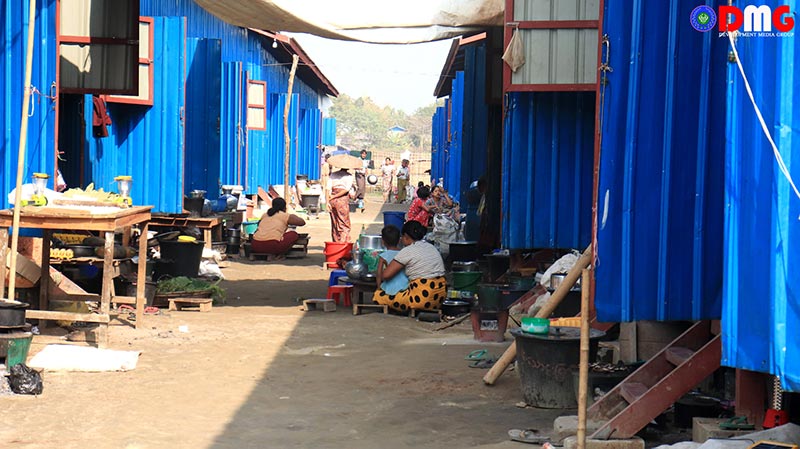
DMG Newsroom
22 July 2021, Sittwe
Some camps for internally displaced people (IDPs) in Arakan State are in need of food, including rice, as well as Covid-19 preventive equipment such as masks, hand sanitiser and soap, according to IDP officials.
The Sinbawkaing IDP camp in Mrauk-U Township is one such temporary settlement, said U Nyi Pu, manager of the camp.
“The IDPs need some rice. We are collecting fish and meat from donors. Some IDPs are borrowing rice from displaced people with small family members,” he added.
The Sinbawkaing IDP camp, which has a population of about 4,000, has been placed on lockdown since July 14 after some IDPs tested positive for coronavirus. IDPs there are currently unable to go out to work and are short of food provided by the Ministry of Social Welfare, Relief and Resettlement and the International Committee of the Red Cross (ICRC), U Nyi Pu explained.
The Ministry of Social Welfare, Relief and Resettlement provided food aid to IDPs in War Taung IDP camp in Kyauktaw Township on July 21, but so far no relevant organisations or charities have provided protective equipment for the Covid-19 pandemic, said U Sein Shwe Bu, a camp official.
“We are working to prevent the Covid-19 pandemic on a self-reliant basis. We are using only the remaining drugs and protective items left from the second wave of the virus. We need face masks and hand sanitiser in the long run,” he added.
The Pi Pin Yin IDP Camp in Mrauk-U Township, where more than 2,700 displaced people are sheltering, is in need of assistance because remaining supplies of masks, hand sanitiser and soap will last only about a week, said U Kyaw Thein, in-charge of the camp.
“We need masks and soaps. We would like to ask the relevant organisations and charities that are assisting the IDPs as we are very concerned about the danger to lives in the camp,” he said.
U Zaw Zaw Tun, secretary of the Rakhine Ethnics Congress (REC), which is compiling a census of IDPs, said IDPs who have been living in poverty may be more affected by the ongoing third wave of the Covid-19 pandemic.
“Most IDP camps are supported by the government and charities, but not enough. Due to insufficiency, some IDPs have to go out to work and earn a living on the other side. Currently, with the spread of the virus, it is difficult for the IDPs to go out and work. IDPs have become dependent on support from outside organisations. As a result, the IDPs may face livelihood hardships,” he said.
There are still more than 100,000 IDPs in Arakan State, and concerns about the pandemic are often heightened among these communities due to overcrowding in the camps.
As of July 21, a total of 1,789 Covid-19 cases and 74 deaths attributed to the virus were reported in Arakan State.




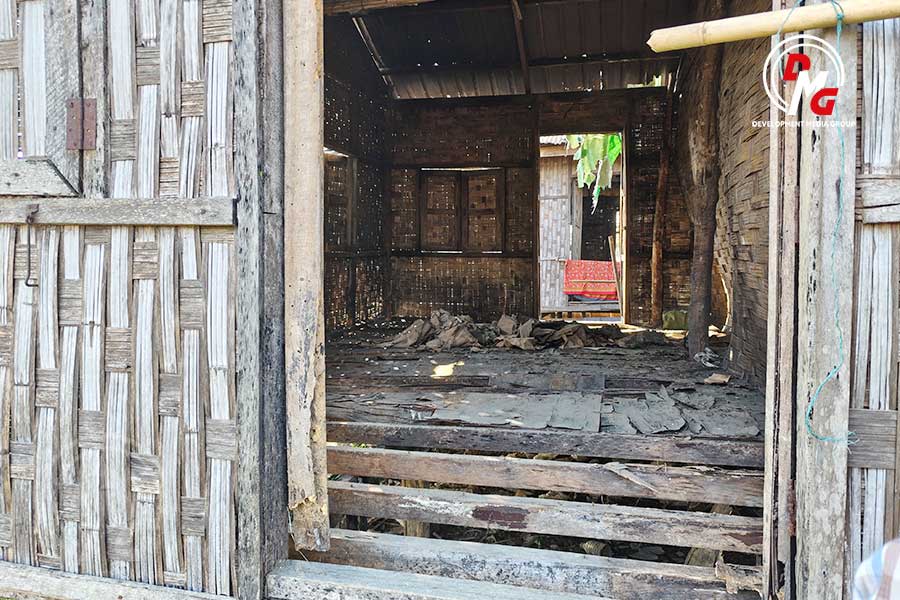
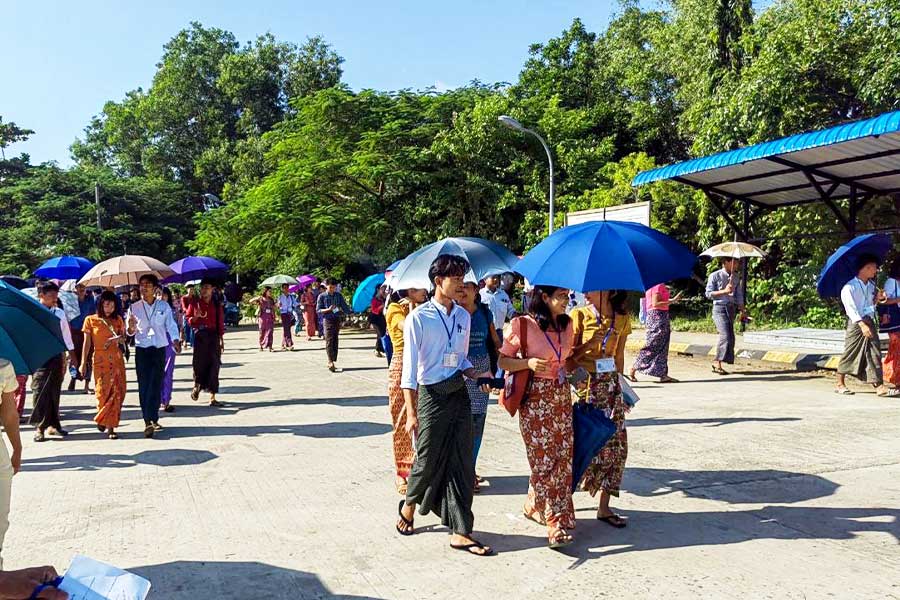
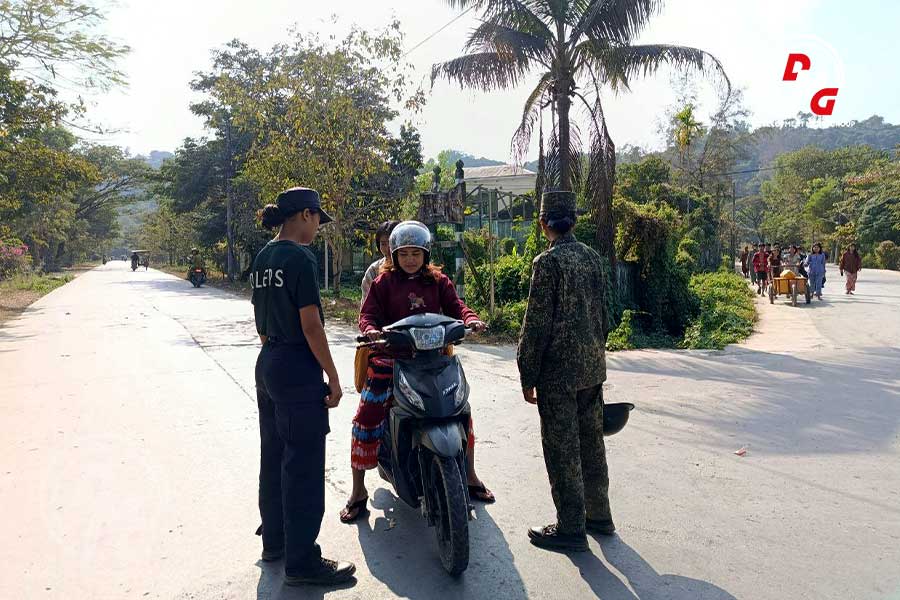
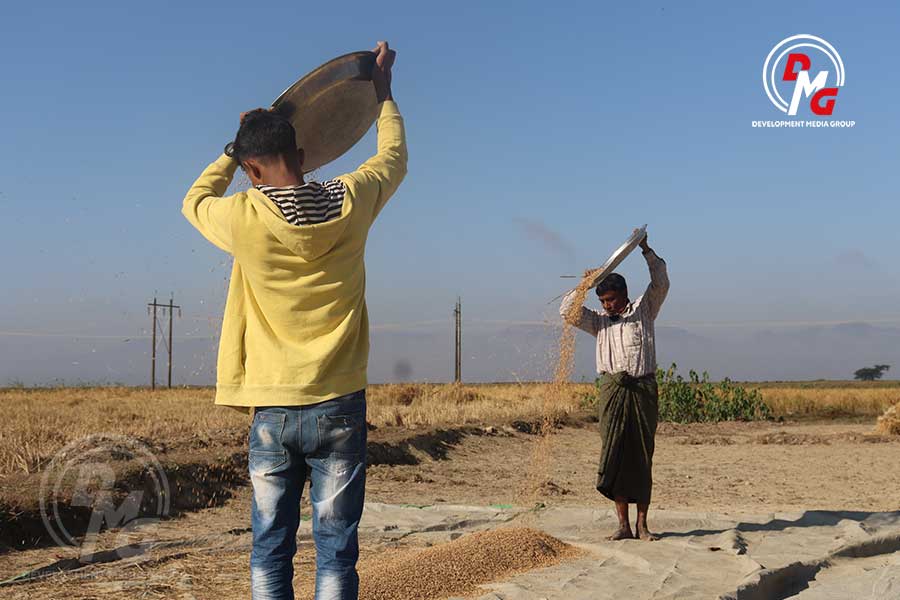
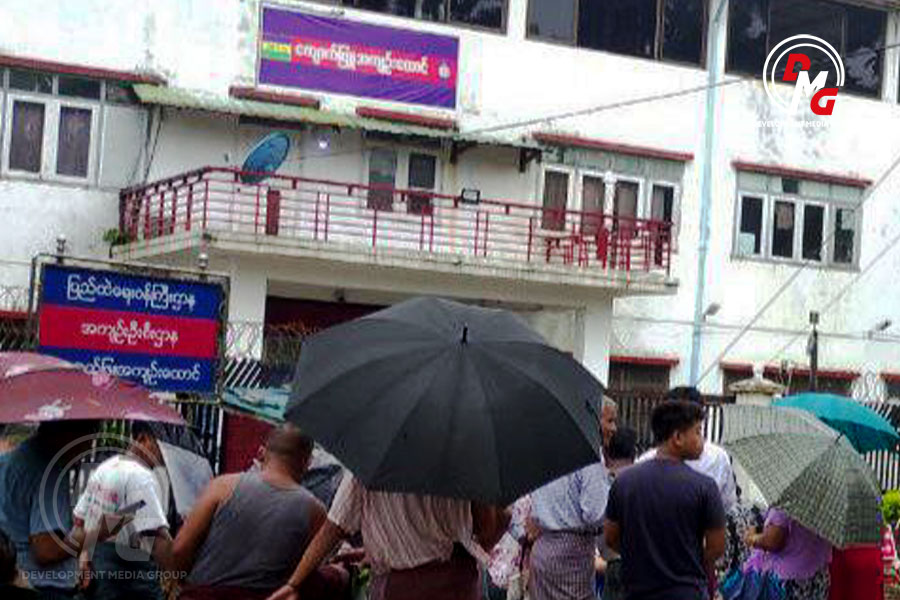







.jpg)
